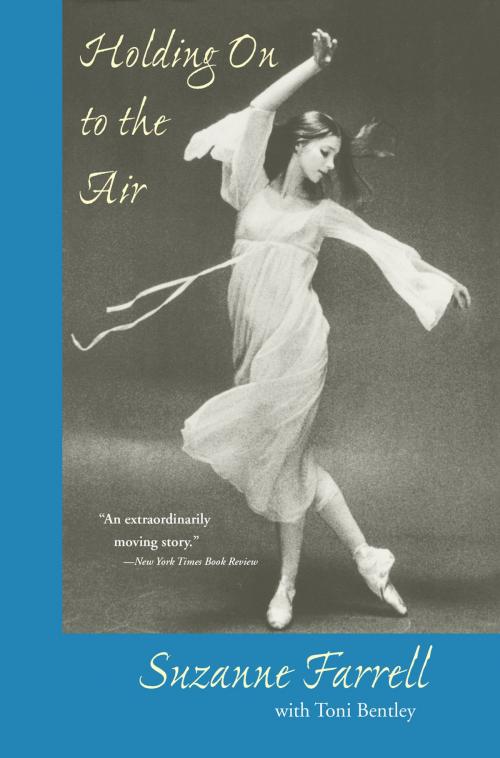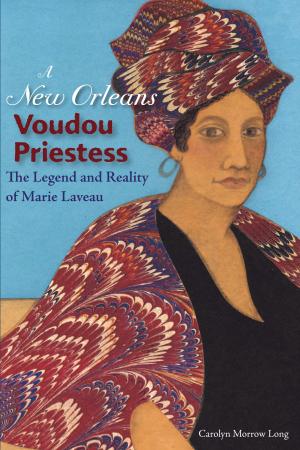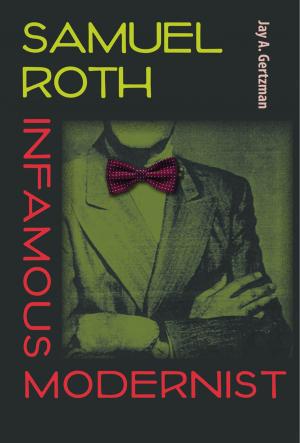| Author: | Suzanne Farrell | ISBN: | 9780813059327 |
| Publisher: | University Press of Florida | Publication: | September 15, 2002 |
| Imprint: | University Press of Florida | Language: | English |
| Author: | Suzanne Farrell |
| ISBN: | 9780813059327 |
| Publisher: | University Press of Florida |
| Publication: | September 15, 2002 |
| Imprint: | University Press of Florida |
| Language: | English |
Suzanne Farrell, world-renowned ballerina, was one of George Balanchine's most celebrated muses and remains a legendary figure in the ballet world. This memoir, first published in 1990 and reissued with a new preface by the author, recounts Farrell's transformation from a young girl in Ohio dreaming of greatness to the realization of that dream on stages all over the world. Central to this transformation was her relationship with George Balanchine, who invited her to join the New York City Ballet in the fall of 1961 and was in turn inspired by her unique combination of musical, physical, and dramatic gifts. He created masterpieces for her in which the limits of ballet technique were expanded to a degree not seen before. By the time she retired from the stage in 1989, Farrell had achieved a career that is without precedent in the history of ballet. One third of her repertory of more than 100 ballets were composed expressly for her by such notable choreographers as Balanchine, Jerome Robbins, and Maurice Bejart. Farrell recalls professional and personal attachments and their attendant controversies with a down-to-earth frankness and common sense that complements the glories and mysteries of her artistic achievement.
Suzanne Farrell, world-renowned ballerina, was one of George Balanchine's most celebrated muses and remains a legendary figure in the ballet world. This memoir, first published in 1990 and reissued with a new preface by the author, recounts Farrell's transformation from a young girl in Ohio dreaming of greatness to the realization of that dream on stages all over the world. Central to this transformation was her relationship with George Balanchine, who invited her to join the New York City Ballet in the fall of 1961 and was in turn inspired by her unique combination of musical, physical, and dramatic gifts. He created masterpieces for her in which the limits of ballet technique were expanded to a degree not seen before. By the time she retired from the stage in 1989, Farrell had achieved a career that is without precedent in the history of ballet. One third of her repertory of more than 100 ballets were composed expressly for her by such notable choreographers as Balanchine, Jerome Robbins, and Maurice Bejart. Farrell recalls professional and personal attachments and their attendant controversies with a down-to-earth frankness and common sense that complements the glories and mysteries of her artistic achievement.















